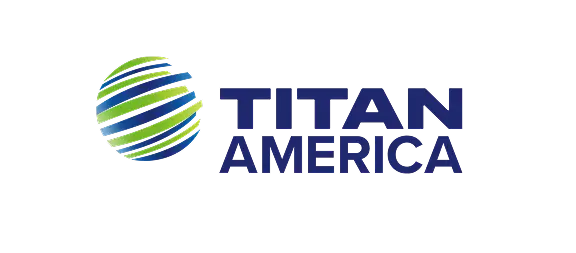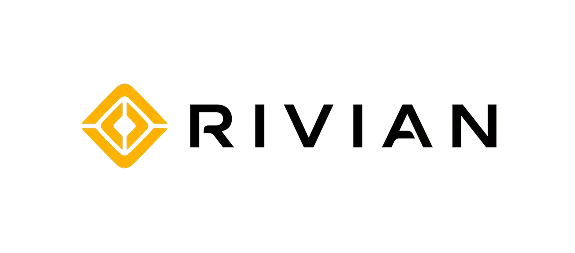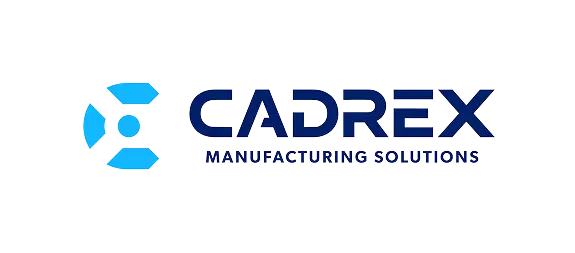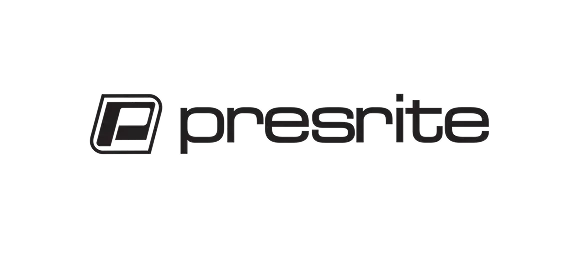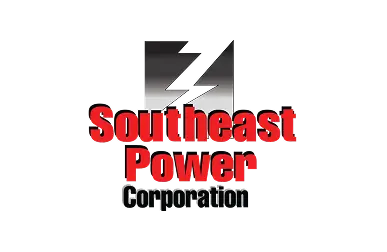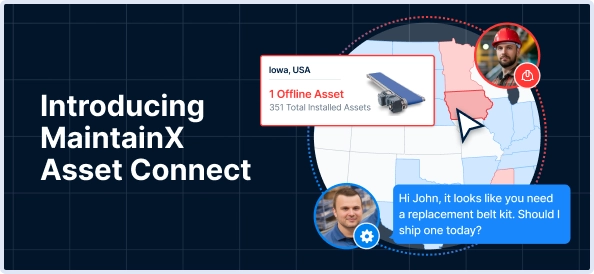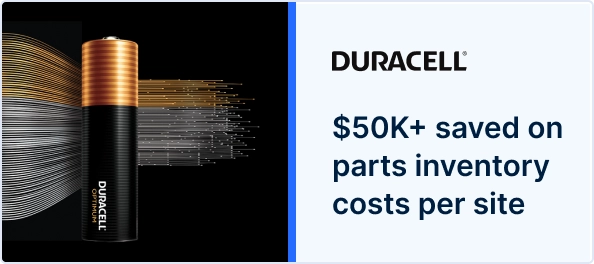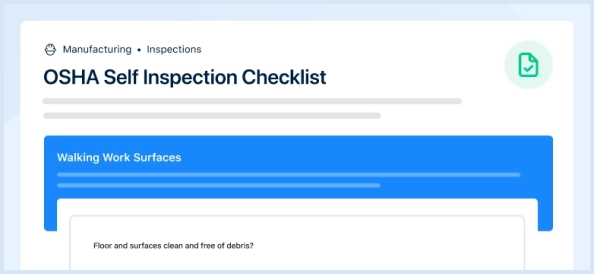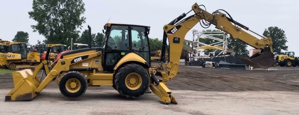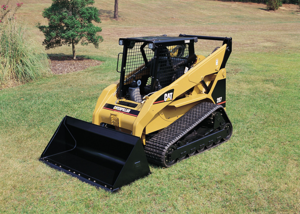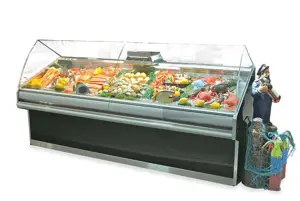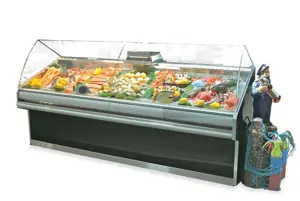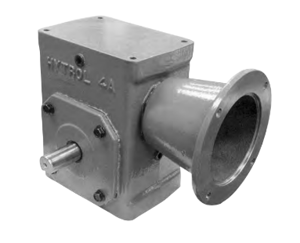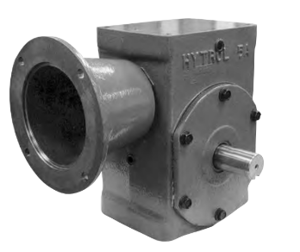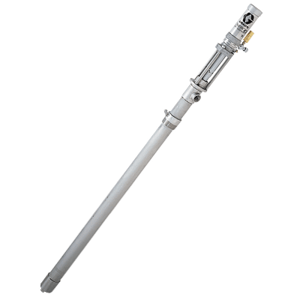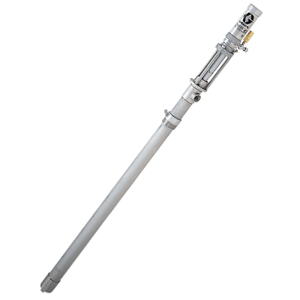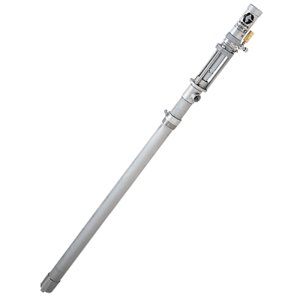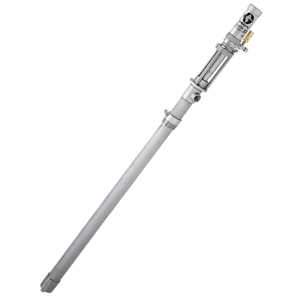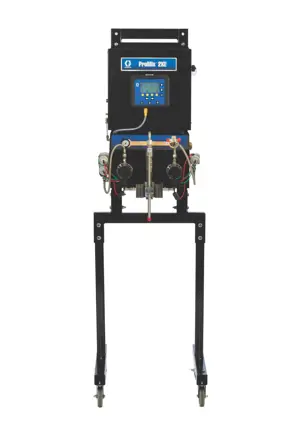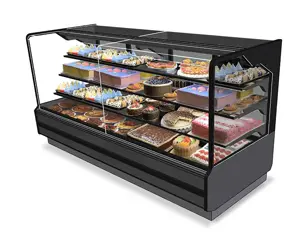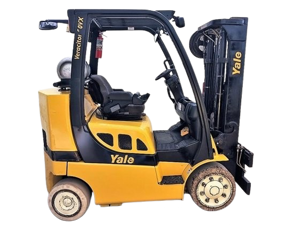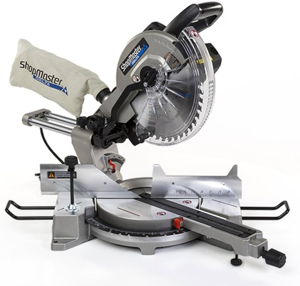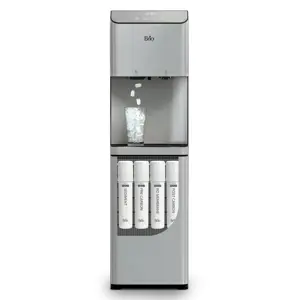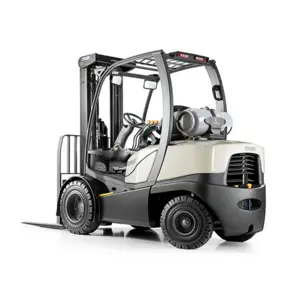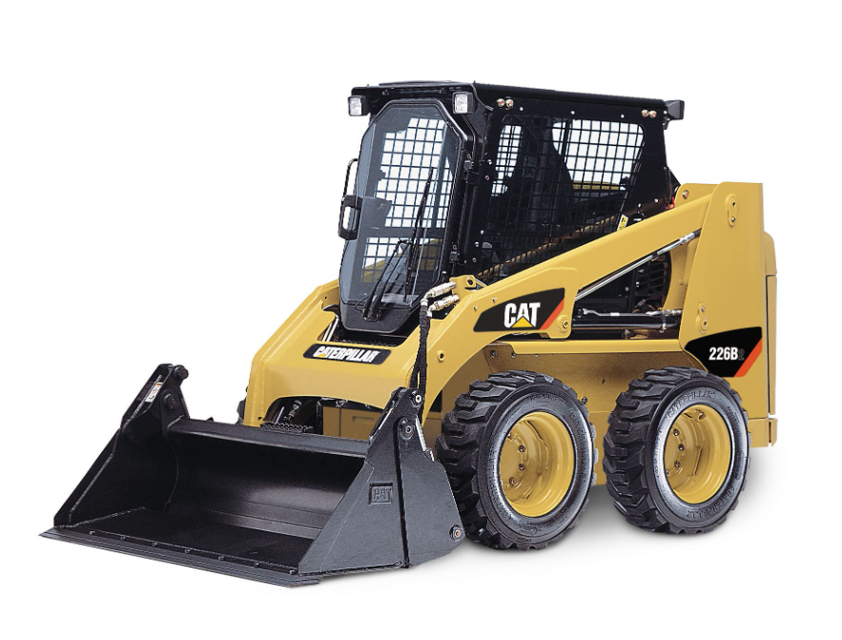

The Caterpillar Skid Steer Loader 226B is a versatile and powerful machine designed for various construction and landscaping tasks. Known for its reliability and efficiency, this model excels in tight spaces, making it an essential asset for contractors and operators alike.
Turn manuals into instant answers
with your AI-powered assistantTurn manuals into instant answers
with your AI-powered assistant
Manual for Caterpillar Skid Steer Loader 226B
Complete asset maintenance, one click away
Get instant access to all the maintenance information you need. Empower technicians to perform preventive maintenance with asset packages, ready to use right out of the box.
Documents & Manuals
Find all the essential guides in one place.
Tensioning Guide
Belt-diagram
C-120 pulleys
+ 13 more
Work Order Templates
Pre-built workflows to keep your asset running smoothly.
Daily Electrical System Inspection
Replace Roller and Pulley
Install Engine B-120
+ 29 more
Procedures
Integrate maintenance plans directly into your work orders.
Motion Industries
Applied Industrial Technologies
Electrical Brothers
+ 5 more
Parts
Access the parts list for your equipment in MaintainX.
Drive Motor
B2 Rollers
Tensioning System
+ 40 more

Caterpillar Skid Steer Loader 226B
Create an account to install this asset package.
Maintenance Plans for Caterpillar Skid Steer Loader Model 226B
Integrate maintenance plans directly into your work orders in MaintainX.
Exhaust Manifold Installation
NOTICE: Keep all parts clean from contaminants. Contaminants may cause rapid wear and shortened component life.
Note: The three cylinder and the four cylinder engines have different exhaust manifolds. The installation procedure is similar for all models.
Ensure that the mating surfaces of the cylinder head and the exhaust manifold are clean and free from damage.
If necessary, install exhaust manifold studs (2) to cylinder head (1).
Install a new exhaust manifold gasket (3) to cylinder head (1).
Align exhaust manifold (4) with studs (2) and install the exhaust manifold to cylinder head (1). Note: Ensure that the exhaust manifold is installed in the correct orientation.
Install nuts (5) and bolts (6) finger tight. Note: Ensure that bolts of different lengths are installed in the correct positions.
For the C1.1 and C1.5 engines, tighten nuts (5) and bolts (6) to a torque of 10 N·m (89 lb in). For the C2.2 engine, tighten nuts (5) and bolts (6) to a torque of 25 N·m (18 lb ft). Note: Tighten the inner bolts first.
End By: a. If the engine is equipped with a turbocharger, install the turbocharger. Refer to Disassembly and Assembly, 'Turbocharger - Remove and Install'.
Inlet and Exhaust Valve Springs Installation
NOTICE: Keep all parts clean from contaminants. Contaminants may cause rapid wear and shortened component life.
NOTICE: Do not turn the crankshaft while the valve springs are removed.
NOTICE: Plug the apertures for the push rods in the cylinder head in order to prevent the entry of loose parts into the engine.
NOTICE: Install suitable plugs to the inlet ports of the cylinder head in order to prevent the entry of loose parts into the engine.
Inspect the valve springs for the correct length. Refer to Specifications, 'Cylinder Head Valves'.
Install valve spring (3) onto the cylinder head. Position valve spring retainer (2) onto valve spring (3).
WARNING: Improper assembly of parts that are spring loaded can cause bodily injury.
Sign off on the valve springs installation
Fuel Injector Removal
NOTICE: Care must be taken to ensure that fluids are contained during performance of inspection, maintenance, testing, adjusting and repair of the product. Be prepared to collect the fluid with suitable containers before opening any compartment or disassembling any component containing fluids. Dispose of all fluids according to local regulations and mandates.
NOTICE: Keep all parts clean from contaminants. Contaminants may cause rapid wear and shortened component life.
Fuel injection lines removed
Fuel injector removed using a deep socket
Seat washer removed from the cylinder head
All openings capped or plugged immediately
Sign off on the fuel injector removal
Inlet and Exhaust Valve Springs Removal
Start by removing the rocker shaft assembly. Refer to Disassembly and Assembly, 'Rocker Shaft and Pushrod - Remove'.
WARNING: Personal injury can result from being struck by parts propelled by a released spring force. Make sure to wear all necessary protective equipment. Follow the recommended procedure and use all recommended tooling to release the spring force.
NOTICE: Keep all parts clean from contaminants. Contaminants may cause rapid wear and shortened component life.
NOTICE: Install suitable plugs to the inlet ports of the cylinder head in order to prevent the entry of loose parts into the engine.
NOTICE: Plug the apertures for the push rods in the cylinder head in order to prevent the entry of loose parts into the engine.
Note: The removal procedure is similar for the three cylinder and the four cylinder engines. The following procedure should be adopted to remove the valve springs when the cylinder head is installed to the engine.
Note: Ensure that the appropriate piston is at the top center position before the valve spring is removed. Failure to ensure that the piston is at the top center position may allow the valve to drop into the cylinder bore.
Did you follow Steps 1.a through 1.d to position the appropriate piston at top center?
Did you install Tooling (A) and (B) in position on the cylinder head to compress a valve spring for the appropriate piston?
Fuel Injection Pump Installation
NOTICE: Keep all parts clean from contaminants. Contaminants may cause rapid wear and shortened component life.
Note: The installation procedure is similar for the three cylinder and the four cylinder engines. The Illustrations show a four cylinder engine.
Clean the mating surfaces of the cylinder block and the fuel injection pump.
Enter the correct thickness and the correct number of shims (3) on the mounting face of the cylinder block.
Position fuel injection pump (1) close to the mounting face of the cylinder block, and connect link (6) and fuel rack control (5) with clip (7).
Align fuel injection pump (1) with the studs on the cylinder block. Install the fuel injection pump to the cylinder block.
Install bolts (4) and nuts (2). Ensure that the tube clip for the engine oil line is secured by the appropriate fastener.
Enter the torque value for bolts (4) and nuts (2)
Install the fuel injection lines.
Parts for Caterpillar Skid Steer Loader 226B
Access the parts list for your equipment in MaintainX.
Adapter
268-1969
Adapter
9U-6194
Sealant
239-3312
Valve Spring Compressor
9U-6195
Adapter
268-1969
Adapter
9U-6194
Sealant
239-3312
Valve Spring Compressor
9U-6195
Adapter
268-1969
Adapter
9U-6194
Sealant
239-3312
Valve Spring Compressor
9U-6195
Unlock efficiency
with MaintainX CoPilot
MaintainX CoPilot is your expert colleague, on call 24/7, helping your team find the answers they need to keep equipment running.
Reduce Unplanned Downtime
Ensure your team follows consistent procedures to minimize equipment failures and costly delays.
Maximize Asset Availability
Keep your assets running longer and more reliably, with standardized maintenance workflows from OEM manuals.
Lower Maintenance Costs
Turn any technician into an expert to streamline operations, maintain more assets, and reduce overall costs.
Thousands of companies manage their assets with MaintainX
